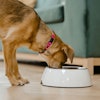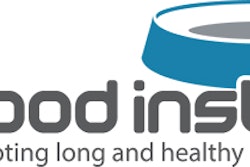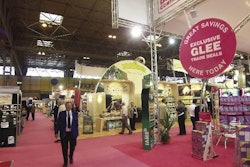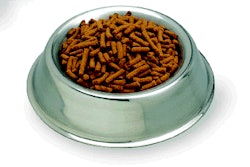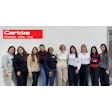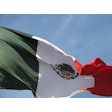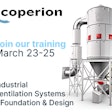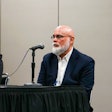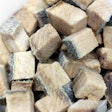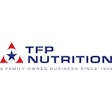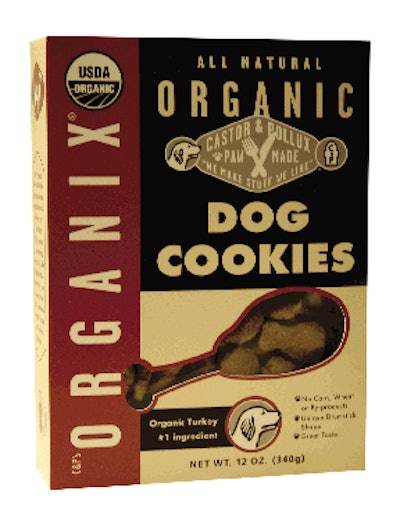
In 1985, Shelley Gunton and her husband Brian Connolly were transferred to Hong Kong by the Royal Bank of Canada. Due to fear of rabies, Hong Kong authorities required that Joey, the couple's much-loved Labrador mix, be held in quarantine for six months.
In quarantine, Joey did not do well on the standard Hong Kong pet diet of table scraps and ground horsemeat. "You could really see a deterioration in his skin and coat, which is when we started our hunt for better petfood," says Gunton.
The couple could not find anything in Hong Kong that was as good as Joey's customary diet, Iams dog food. So they began ordering crates of Iams from a distributor in Singapore - much of which they resold to the other expatriate pet owners they met in quarantine. They ultimately persuaded the Iams senior VP for international sales to give them a distributorship in 1988.
In 1993 Shelley and Brian returned to North America and took over an Iams distributorship in Portland. But when Iams was sold to Procter & Gamble in 2000, they decided it was time to follow their ultimate dream, that of creating their own brand.
The concept
After a year of work on product development, packaging, design and strategy, Castor & Pollux Pet Works (C&P) launched with 150 products at the Natural Products Expo in Anaheim, California, USA. Under a noncompete agreement with Iams, petfood was not part of the introduction but followed two years later with Organix and Natural Ultramix.
The concept? Create a brand pet owners could trust from petfood to shampoos, collars and leashes. For retailers, provide a one-stop shop for the premium, natural and organic categories, complete with fixtures.
Originally envisioned as a pet aisle solution for natural and gourmet grocery stores, C&P soon evolved into a pet specialty brand with the launch of Organix, among the first petfood and treats lines to be certified organic and adhere to the USDA's National Organic Program's labeling regulations.
C&P is now a multimillion dollar company with 150 products, including petfoods, supplements, treats, chews, toys, accessories and cleaning products.
Organix research
Development of the Organix products required extensive research into formulations utilizing available certified organic ingredients and the rigorous requirements of the USDA's National Organic Program. Debuting in March, 2003, Organix was the first petfood to be made with certified organic, free-range chicken as the number one ingredient in both dog and cat formulas. From seven SKU's in 2003 to the 28 now available, the Organix line continues to expand .
Natural Ultramix
Realizing that not all consumers are ready to commit to an organic lifestyle, C&P introduced Natural Ultramix in early 2004. Natural Ultramix dry food was the first to contain dried raw fruit and vegetable pieces, including carrots, bananas, papayas, apples and blueberries blended with the kibble.
Petco, recognizing the surge in natural and organic product interest, introduced Natural Ultramix in all 850 stores at once, bypassing the traditional slower roll-out approach.
The loudest talk
Asked about his most difficult challenges, Connolly notes that, "As a small company in a large industry, there is always another competitor that has more resources to offer retail customers, to spend on advertising, to have more sales reps or to have a bigger trade show booth. We counter these factors by putting our money into what goes in the Organix and Natural Ultramix products. We think ultimately quality ingredients and quality products talk the loudest."
